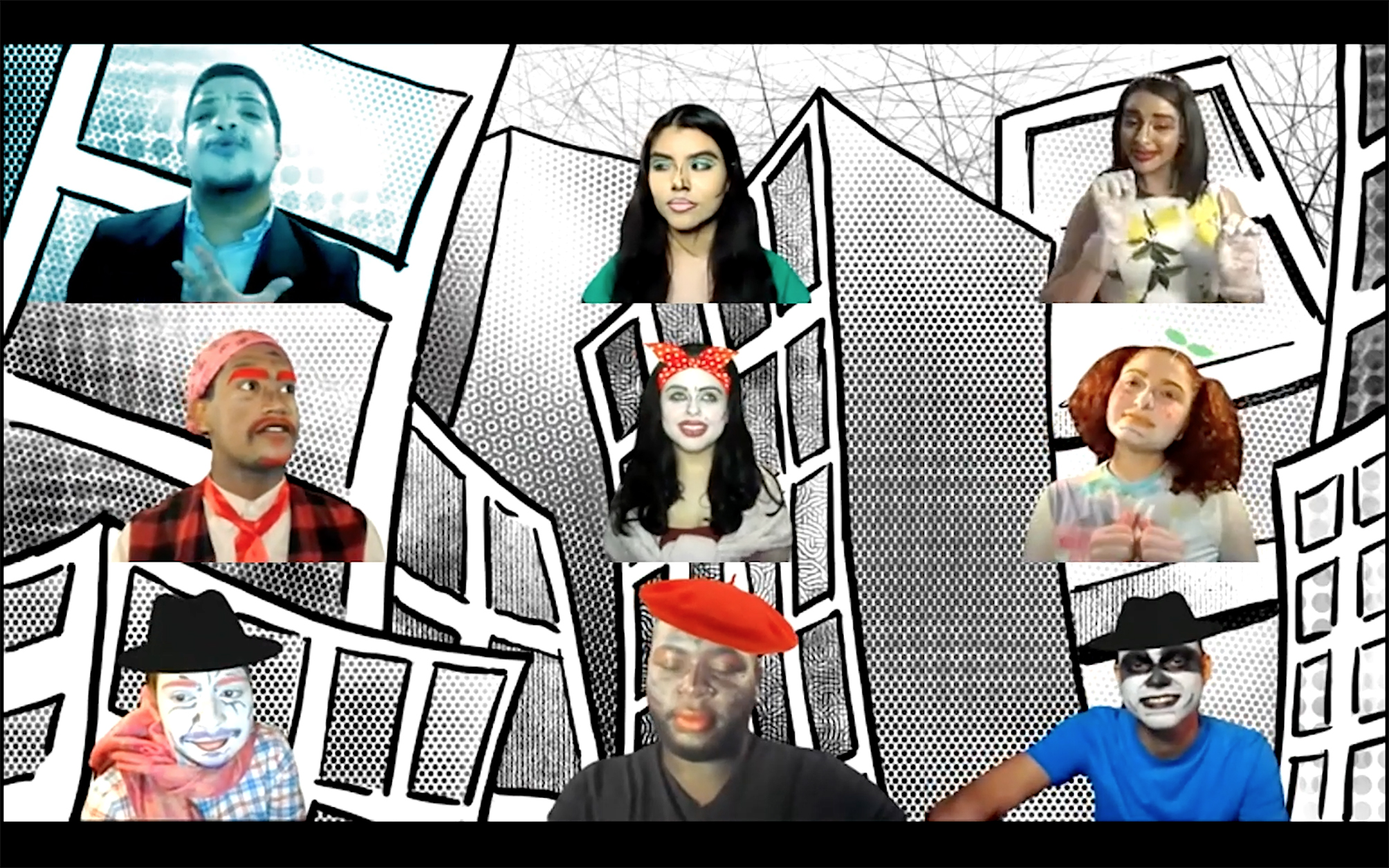Creation and Experimentation with Critical Interfaces in Arts and Education
Main Article Content
Abstract
The creation and implementation of teaching practices in the context methodologies of Arts-Based Research can reflect the current framework of production, transmission, and access to knowledge in a hybrid and interdisciplinary, pedagogic context (both face-to-face and telematic). The concept of interface is defined as a medial and performative space that, understood as an epistemological paradigm of a transitive nature, performs a new reality, and reshapes feasible conditions for networked learning and socialization. From this point forward, the article discusses the way in which relationships between images and their media infrastructures offer a specific view of the world and a relational framework. Finally, we present some artistic proposals that are designed to examine the distribution of teaching positions through the alternative use of interfaces as a means of a critical education of visual perception.



